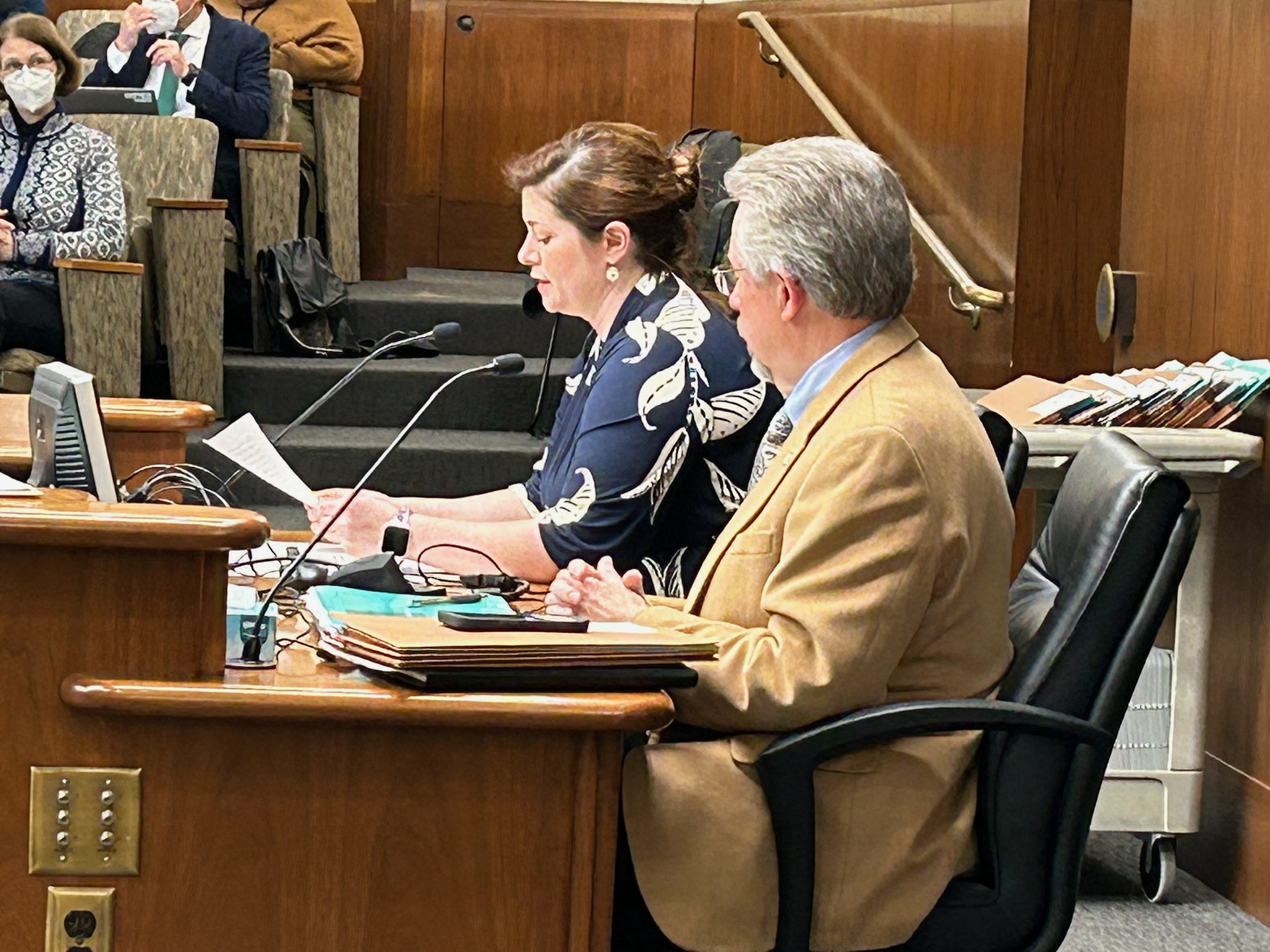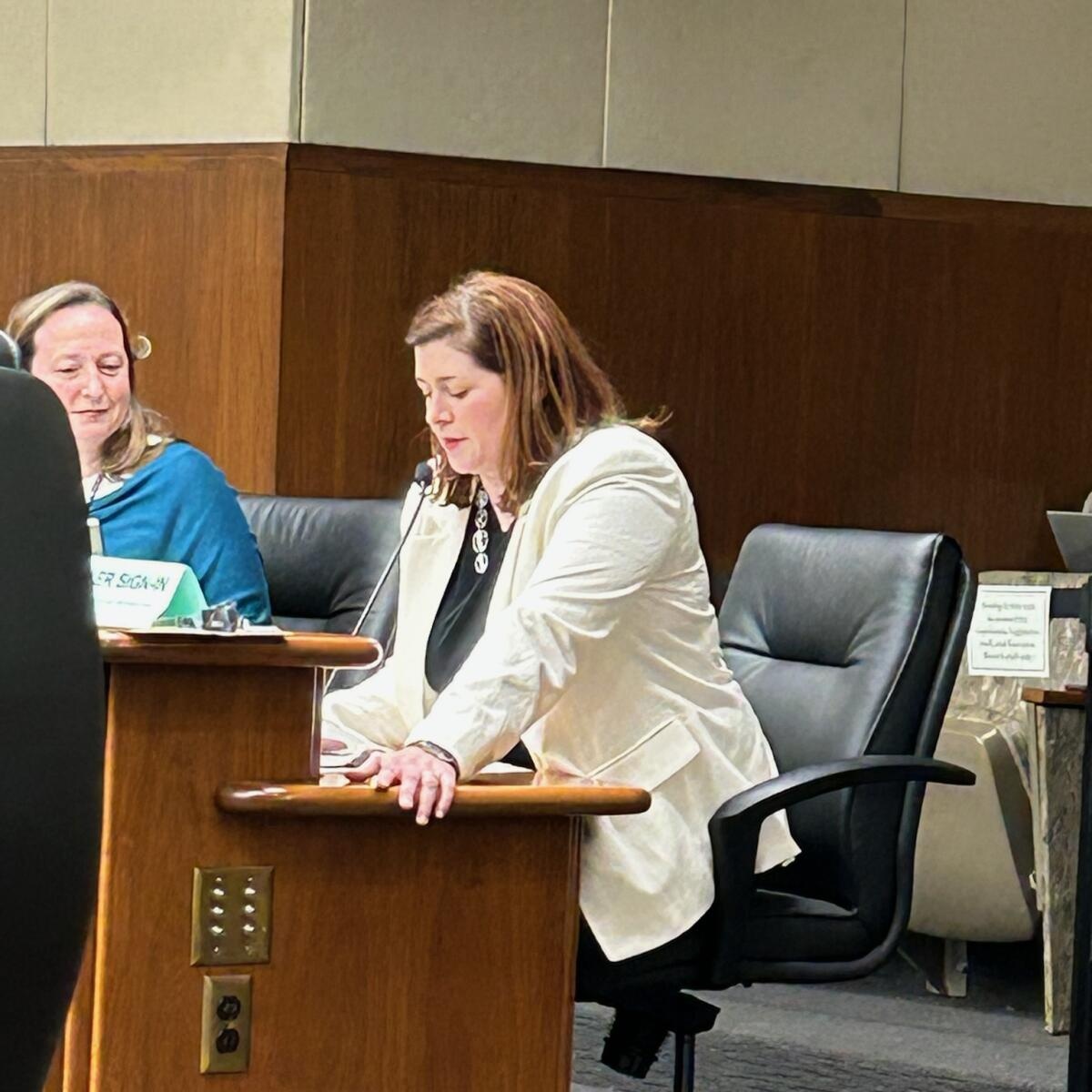
Blending Clinical Family Medicine With Community-Engaged Research
Minnesota Academy of Family Physicians member Kate Diaz Vickery, MD, MSc, shares about her career path in community-engaged research.
Home » Legislative » Page 7

Minnesota Academy of Family Physicians member Kate Diaz Vickery, MD, MSc, shares about her career path in community-engaged research.

The American Academy of Family Physicians federal advocacy team shares the latest updates on legislation impacting family physicians and their patients, including the Medicare Physician Fee Schedule Final Rule, measuring and reporting on primary care spending and more.

Four Minnesota family physicians share about the importance of family medicine obstetrics and the need for more support.

The American Academy of Family Physicians Federal Advocacy team shares what they’ve been working on, including Medicare payment reform, growing the primary care workforce, mental health parity and more.

Alex Sharp, MD, and Alison Knutson, PhD, discuss how to integrate pharmacists into your clinical practice.
MAFP advocacy coordinator Khin Oo shares a list of resources and organizations working on anti-slavery.








